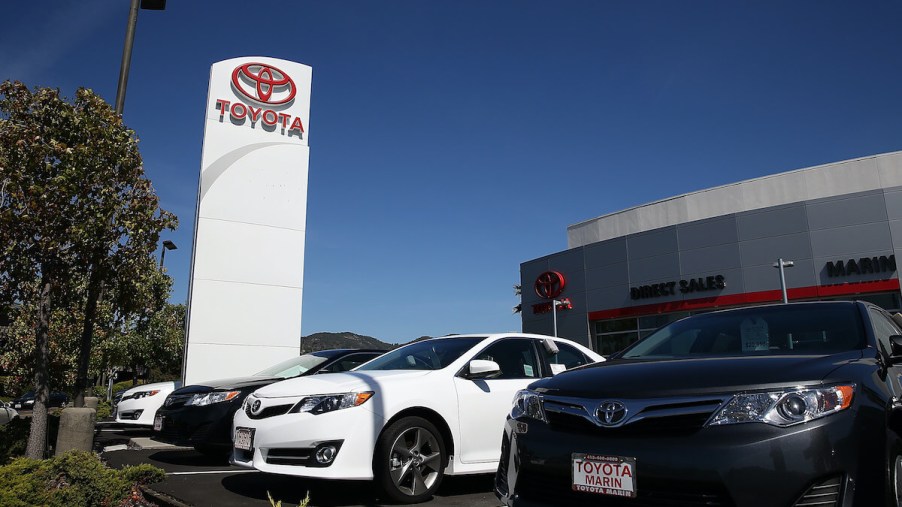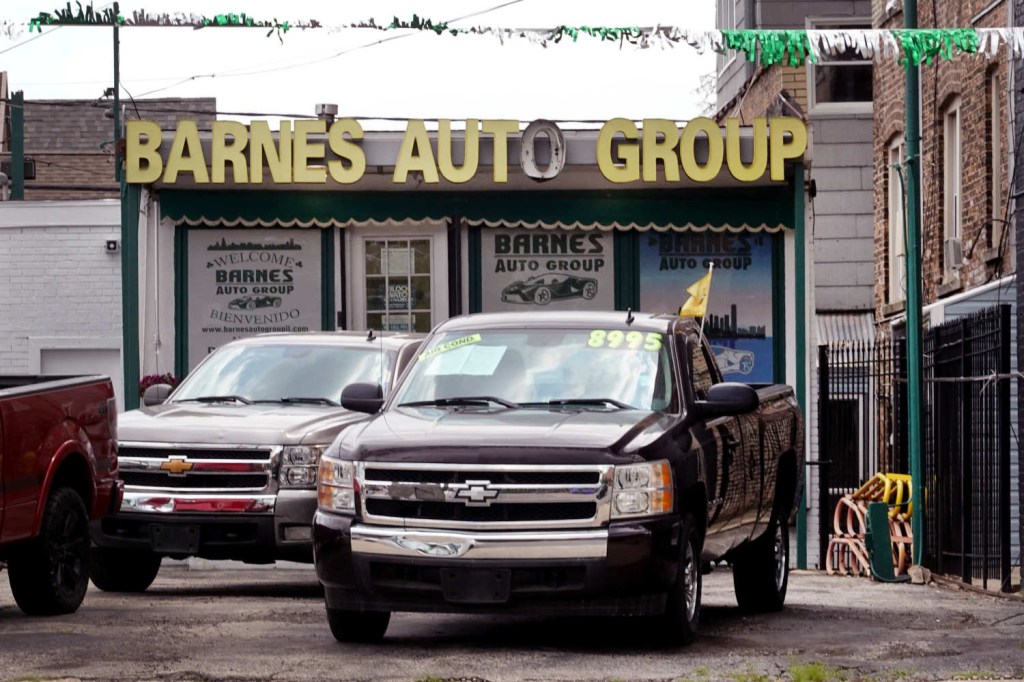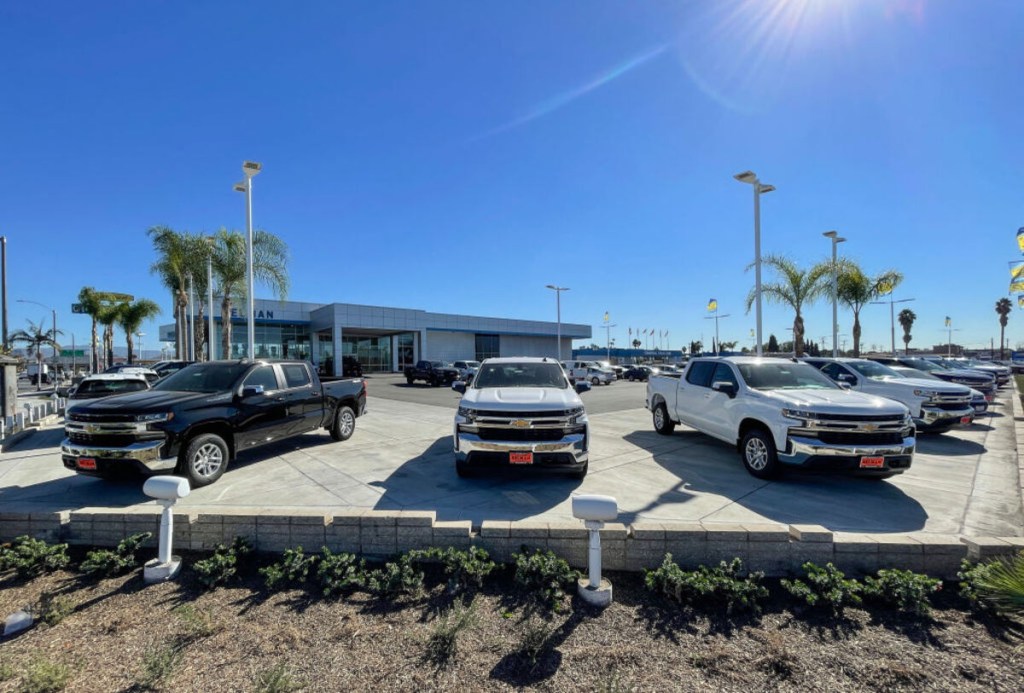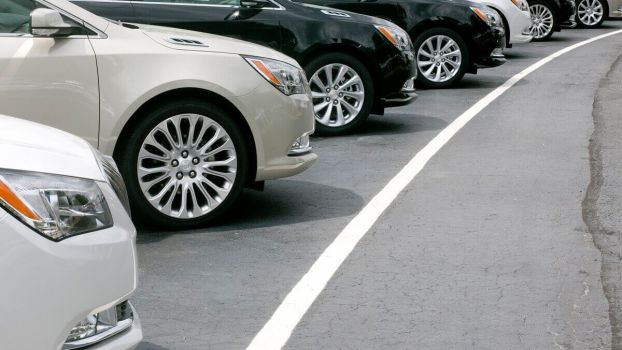
There Are 3 Important Factors to Consider When Buying a Car
Buying a car can be a fun and exciting experience as long as you do your research beforehand. However, you could shop around for a car at different dealerships as you would go store to store for a shirt, but that would make the process longer. Instead, we recommend doing all your research beforehand and paying attention to three main factors when buying a car. Check them out.
1. Ensure that the vehicle’s quality is up to par

If you’re buying a used car, it’s important to check its quality. This means looking over its body for any scratches, dents, or rust. Peeling paint is an issue on some older cars, even those only 10 years old, so be sure to check for that on the roof, trunk, and hood. Checking for any noises under the hood and as well as any telling signs of engine wear is a good idea as well.
If you’re buying a new car, checking its quality means ensuring it has all the necessary features. Some of these features can include navigation, adaptive cruise control, lane-departure warning, a backup camera, or even Apple CarPlay/Android Auto.
Either way, focusing on the car’s quality is paramount when shopping for a new or used car.
2. A car’s reliability goes a long way

You can likely guess that a car’s reliability and quality go hand-in-hand. A vehicle’s quality is how well it performs its proper function, and its reliability is how well it maintains its quality over time.
As such, when buying a new or used car, it’s important to research its reliability ratings. Credible websites like J.D. Power and Consumer Reports offer detailed reviews regarding most cars’ reliability. Also, If you’re researching an older car, it’s a good idea to check message forums and current owner reviews to obtain advice from people who currently own or have owned the car.
3. Consider the cost of owning the car before buying it

The cost of owning a car goes beyond the upfront price you pay. That $20,000 used Chevrolet Malibu may sound like a cheap car initially, but you must also factor in how much you will spend on fuel, routine maintenance, and insurance.
If you’re buying a new car, we recommend checking out Edmunds’ True Cost to Own calculator, which shows the five-year cost for maintenance, repairs, insurance, etc. As always, it’s important to have a pre-purchase inspection done whenever you purchase a used car. The $100 to $150 it could cost may save you thousands in the future.
Consider these important factors when buying a car
It doesn’t matter whether you’re shopping for a new or used car; these three factors should always be considered. Shopping for a car is an exciting process, but it doesn’t mean that you should go from dealer to dealer and pick one randomly. Instead, put the time and effort into researching the car before making a decision – it could mean the difference between years of joy or heartache.





